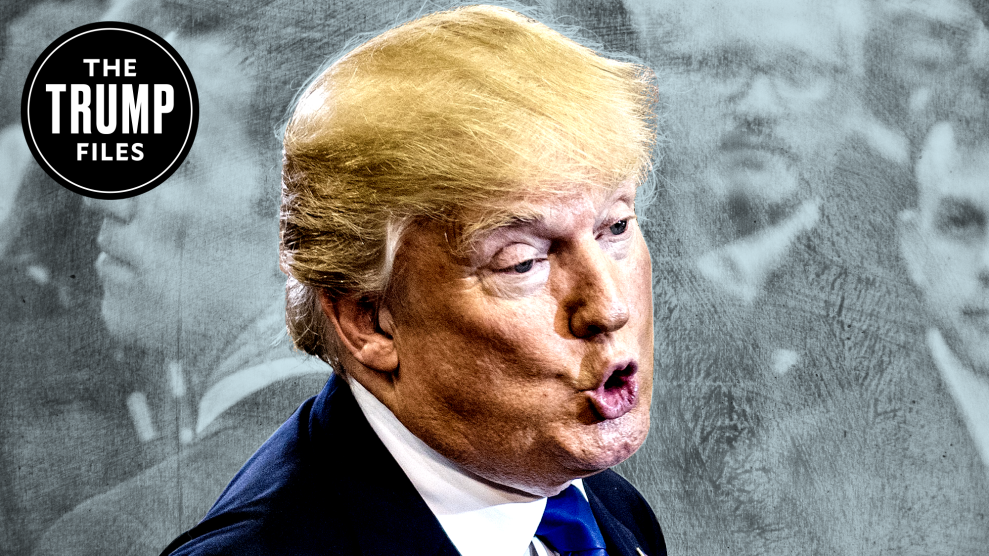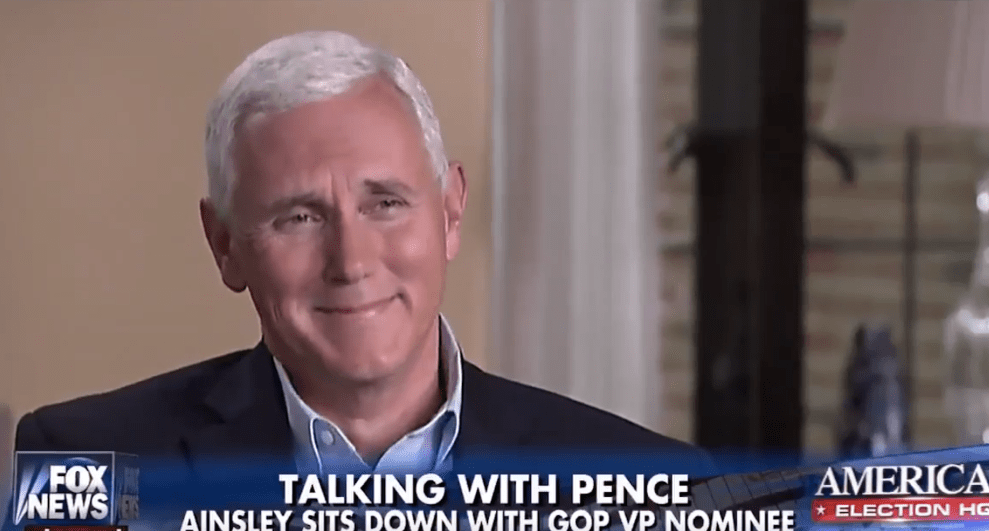
Mother Jones illustration; Shutterstock
This post was originally published as part of “The Trump Files“—a collection of telling episodes, strange but true stories, and curious scenes from the life of our current president—on August 23, 2016.
Donald Trump’s move into the Atlantic City casino business in the early 1980s meant he had to open up his books to New Jersey’s Casino Control Commission, which investigated potential new casino operators for red flags like legal issues or mob ties. The process could take up to 18 months, but Trump didn’t have the patience to sit through it.
In The Art of the Deal, Trump’s 1987 bestseller, Trump described how he met with New Jersey officials in February 1981 and demanded his investigation last only six months (another account by reporter Wayne Barrett claims he asked for a three-month completion). If it didn’t, Trump warned that he would drop his casino plans. That threat was apparently enough for John Degnan, the state’s attorney general, to cave. “If you cooperate fully, we’ll give you an answer one way or the other in six months,” he said, according to Trump’s book—and pushed the casino commission’s director to agree.
The state lived up to its six-month timeframe, but Trump didn’t exactly hold up his end of the bargain. The Casino Commission’s forms required Trump and other would-be casino owners to list any times they were the subject of government investigations “for any reason.” But, as investigative journalist David Cay Johnston writes in his new book, The Making of Donald Trump, Trump failed to list four separate government probes into his business dealings. And while three of those investigations hadn’t resulted in charges, the fourth was the Department of Justice’s huge 1973 lawsuit that accused Trump’s management company of blocking black families from renting apartments in Trump-owned buildings. That case made headlines in New York—especially when Trump countersued the government for $100 million—and ended with the company agreeing to a range of anti-discrimination measures.
Johnston points out that Trump lied about the case in another section of the application as well. “Casino owner applicants were asked about being accused of any civil misconduct, which would include racial discrimination in housing,” Johnston writes. “Trump checked the ‘no’ box.”
Those omissions should have prevented Trump from getting approval for his casino. The cover of the application, Johnston writes, carried an all-caps warning that “FAILURE TO ANSWER ANY QUESTION COMPLETELY AND TRUTHFULLY WILL RESULT IN DENIAL OF YOUR LICENSE APPLICATION.” Instead, Trump apparently later “volunteered” the missing information during an interview with the New Jersey Department of Gaming Enforcement, according to Wayne Barrett. Trump passed his abbreviated investigation despite the evidence of deception. According to Johnston, “it was an early sign of what two Casino Control commissioners would later say was a pattern of [Department of Gaming Enforcement] favoritism to Trump.”














